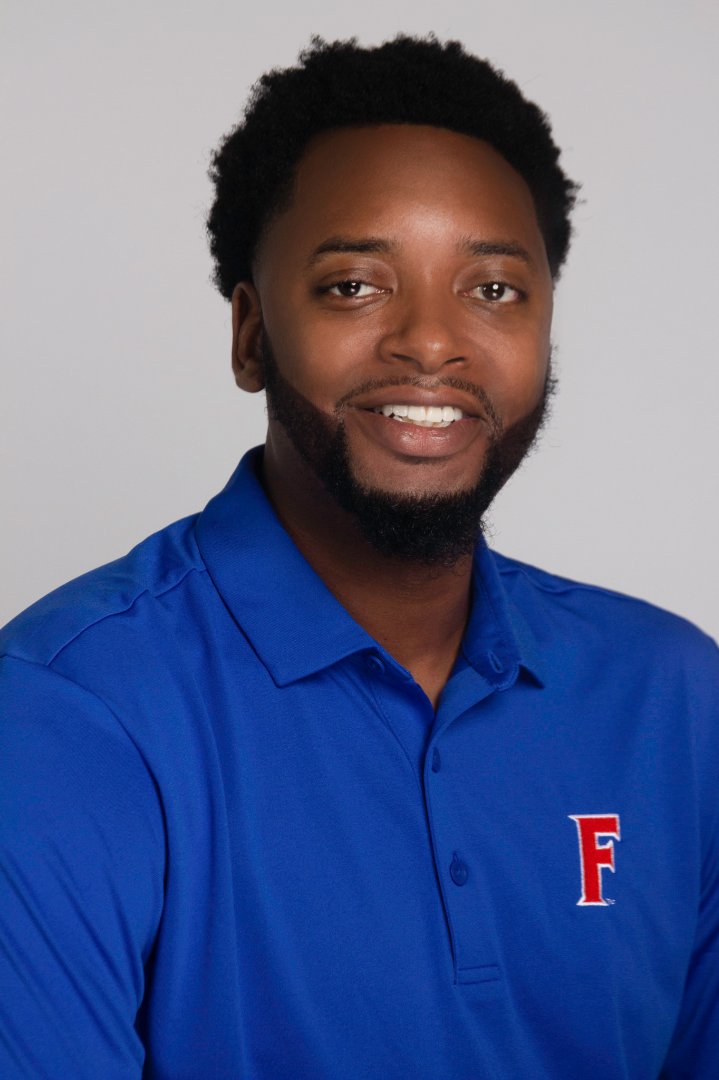Brandon Quinn-Ivey, 28, graduated from Fort Valley State University’s College of Agriculture, Family Sciences and Technology in 2015 with a degree in agricultural engineering technology (AENT). The Ideal, Georgia native is currently pursuing a doctorate degree in agricultural and biological engineering at the University of Florida in Gainesville, Florida.
Prior to enrolling at UF, Quinn-Ivey worked for the U.S. Department of Agriculture’s (USDA) Natural Resources Conservation Service (NRCS) in Athens, Georgia as a state engineering technician. He then earned a master’s degree in agricultural and environmental systems from North Carolina Agricultural and Technical State University in Greensboro, North Carolina.
The graduate student recently answered some questions about his FVSU and University of Florida experiences.
1. Were you raised on a farm?
No, but, growing up in a small rural town, I had many on-the- farm experiences. As a child, my step father (Bobby Fulks) managed a local dairy and I would often help with the herding, bailing of hay and the milking process.
2. Who, or what, inspired you to pursue a career in an agricultural field?
My father (Charles Ivey) is a retired agricultural educator who was also my Future Farmers of America (FFA) advisor in high school. Though being an educator was not an interest of mine, through him, I grew a love for agriculture from participating in FFA events and competitions.
3. What or who, influenced you to come to FVSU and why did you select your major?
I have to contribute my influence to join the Wildcat family to my father. He and many of my family members are proud FVSU alumni, so it was a rite of passage so to speak. The selection of my major came in part from my love for mathematics and also from other alumni. During the summer before I began my journey at FVSU, I participated in the College of Agriculture’s Research Apprenticeship Program on campus. Through the program I met my future mentor and then Agriculture Engineering Technology professor, Dr. Archie Williams. That summer of research in the department secured me as agricultural engineering student.
4. Did you participate in any clubs, sports or organizations at FVSU?
During my undergraduate education I was an active member of the campus collegiate chapter of FFA and the Agri-Demic Forum. In the clubs, I served the roles of parliamentarian and vice president, respectively. In the Fall of 2014, I was privileged to become an initiate of the Alpha Pi chapter of Phi Beta Sigma Fraternity Incorporated where I served as vice president.
5. What did you enjoy the most about your educational experience at FVSU?
I would have to say the most joy comes from the family culture in the school of agriculture. During my time there, we could depend on each other (both students and instructors) to assist with our goals, whether academic or personal.
6. Did you participate in an internship? If so, how many years, where, what company or government agency and what were your duties?
I was blessed and fortunate enough to have had an internship my entire time at FVSU. For three summers I held an internship with the USDA – Natural Resources Conservation Service (NRCS) as an engineering trainee, in Moultrie, Dalton and Griffin, Georgia.
7. Why did you select the Ph.D. program at the University of Florida?
Before finishing my master’s degree, I had already set the goal of pursuing my PhD. The University of Florida has one of the top engineering schools in the country and after several meetings with UF faculty and former graduates, I knew the program was for me. I am currently studying agricultural and biological engineering with a concentration in hydrology.
8. How well did FVSU prepare you for your graduate studies?
Fort Valley State prepared me tremendously in the achievement of my master’s degree and the pursuit of my doctoral degree. My education from FVSU has given me the opportunity to take my career wherever I want go.
9. What advice would you give a student seeking to have a successful career in an agricultural field?
Agriculture is such a broad field. I would tell students looking for a successful career in it to first find what they love and enjoy most about agriculture. Once you find your passion in anything, the hard work you put into will mean everything to you and translate to success.
10. What are your future plans?
Upon finishing my doctoral degree, I plan to start an engineering firm of my own servicing my community. My goal is to employ people who look like me in a work environment where they can be themselves and have a successful and enjoyable career.

